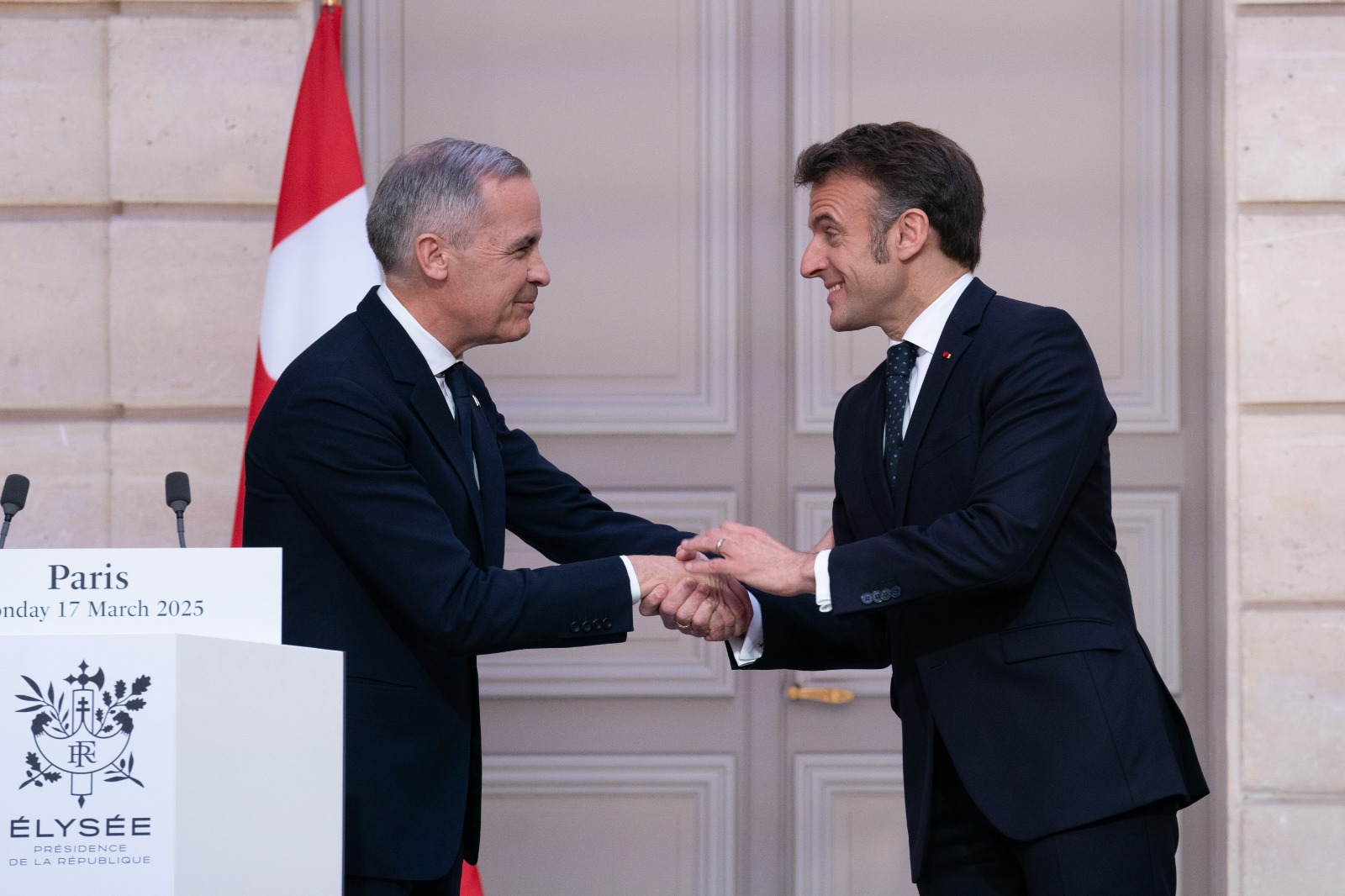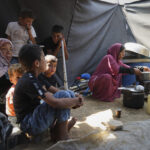Earlier, NATO head Mark Rutte was on Monday to urge a “quantum leap” in defence capabilities, including a “400-percent increase” in air and missile defence to shield the alliance against Russia.
“We see in Ukraine how Russia delivers terror from above, so we will strengthen the shield that protects our skies,” the NATO secretary general, Rutte, was to say in a speech to the Chatham House think-tank in London, according to comments released in a statement.
To maintain credible deterrence and defence, NATO needs “a 400-percent increase in air and missile defence”.

“The fact is, we need a quantum leap in our collective defence,” he was to say.
Rutte will meet UK Prime Minister Keir Starmer on Monday, ahead of his speech, their second Downing Street meeting since the Labour leader took office in September 2022.
Rutte’s comments come ahead of a NATO summit in the Netherlands this month.
But they were swiftly condemned by Moscow, which denounced NATO as “an instrument of aggression” ahead of Rutte’s speech.
NATO “is demonstrating itself as an instrument of aggression and confrontation”, Kremlin spokesman Dmitry Peskov told reporters in Moscow.
U.S. President Donald Trump is pressuring alliance members to announce a significant increase in their military budgets.
He is pushing NATO members to increase their defence spending to five percent of their gross domestic product (GDP), up from the current target of two percent.
US Secretary of Defence Pete Hegseth said last week in Brussels that the allies were close to an agreement on the five-percent target, which could be formalised at the summit in The Hague.
“This alliance, we believe, in a matter of weeks, will be committing to five percent — 3.5 percent in hard military and 1.5 percent in infrastructure and defence-related activities,” Hegseth said on Thursday.
“That combination constitutes a real commitment, and we think every country can step up.”
NATO members have been scrambling to bolster their defence capabilities since Russia launched its war against Ukraine in February 2022.
“Danger will not disappear even when the war in Ukraine ends,” Rutte was to say on Monday.
“We must have more forces and capabilities to implement our defence plans in full.”
“Our militaries also need thousands more armoured vehicles and tanks, millions more artillery shells.”
Britain announced plans last week to build up to 12 nuclear-powered attack submarines and six munitions factories to rearm the country in response to what it said were threats from Russia.
Earlier this year, Starmer’s government pledged to increase defence spending to 2.5 percent of GDP by 2027, but has not yet set a firm timeline for further hikes.
“NATO has to become a stronger, fairer and more lethal alliance,” Rutte will add.
Via: Agence France-Presse



